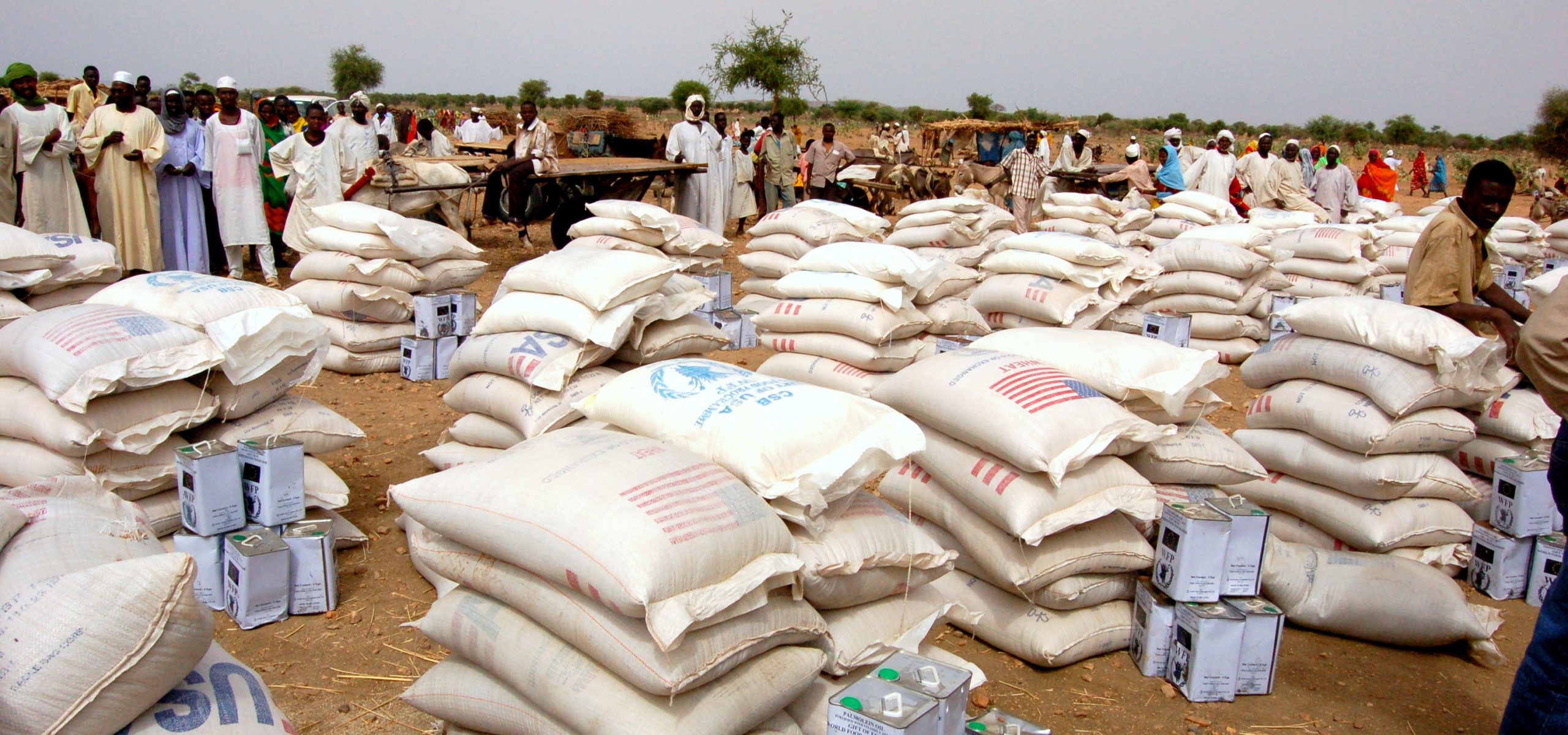Logistics
How to address environmental issues within humanitarian logistics

How to address environmental issues within humanitarian logistics
Energypedia is a wiki platform for collaborative knowledge exchange on renewable energy, energy access, and energy efficiency topics in developing countries. The wiki platform is working towards removing the knowledge barriers and expanding the diffusion of information addressing the topics renewable energy, energy efficiency and sustainable energy access for all.
The Moving Energy Initiative is an initiative which seeks to integrate clean energy in displacement settings with the help of original research. The Initiative provides reports and tool kits which details the costs, risks and benefits of various energy systems when organizing cooking, power and future sustainability in refugee camps.
The Disaster Waste Management Guidelines for Asia Pacific, published by the Japanese Ministry of the Environment, is developed to enhance preparedness for disasters by exchanging information, awareness and human resources during normal (non-hazard) times. The guidelines aims to provide a practical tool during a potential disaster as well as in…
The focus of the UNDP Guidance Note on debris management is to provide urgent post-crisis and post-disaster assistance. It offers practical advice to UNDP Country Offices on how to plan, design and implement short-term projects that effectively connects governments and communities in the process of assessment, clearance, recycling and management…
The UNDP Guidance note forms part of a series of UNDP's signature products that aims to respond and support early recovery in immediate crisis and post-crisis contexts with practical advice and guidance to UNDP Country Offices. The objective is to provide guidance on how to plan, design and implement projects…
The guide introduces logisticians to green logistics, encouraging them to think in "green" terms and highlighting the challenges and advantages. The site provides guidance on environmental best practice for the logistics cluster.
The document summarizes best sustainable logistics practices from the ten largest logistics companies and from other transportation businesses that have committed to the Global Compact principles.
This training module is concerned with construction materials and procurement. It describes how to use fewer materials, how to use local sources of materials in a sustainable way, and the use of disaster debris and recycled items as building material.
The Global Logistics Cluster’s Environmental Sustainability Team, Waste management & measuring, Reverse logistics, Environmentally sustainable procurement & transport, and Circular economy (WREC Coalition) supports the humanitarian community by developing and disseminating practical guidance, tools, trainings, and best practices in the areas of Circular Economy, Green Procurement, Waste Management, Reverse Logistics and…
Access to reliable energy is a pre-requisite to enable growth and progress for any individual, community or nation. This report, co-authored by Boston Consulting Group, highlights the immediate need to address the widening energy access gap impacting vulnerable populations in Sub-Saharan Africa.
This preliminary scoping study, led by USAID's BHA in collaboration with a technical advisory group of humanitarian assistance stakeholders, is based on consultations with forty-seven organizations across the humanitarian, environmental, academic, and private sectors and provides a preliminary analysis of the environmental risks and challenges related to humanitarian packaging,…
This study, conducted in 2019, focuses on the definition of climate vulnerability with operational and political perspectives and delivers guidelines for assessing climate vulnerability in long-term crises, such as in conflict-affected countries and recurrent disaster-prone areas. The research draws on an extensive academic literature review in the fields of biology,…
This toolkit published by the Moving Energy Initiative is a practical guide for humanitarian agencies that want to make energy cost savings and reduce their carbon and emissions footprint. It is part of a series of published outputs examining how energy is used in humanitarian settings. It is designed to…
The Moving Energy Initiative (MEI) provided by the Chathamhouse offers guidance on energy in humanitarian operations. This toolkit provides practical guide for humanitarian agencies that want to make energy cost savings and reduce their carbon and emissions footprint.
This report introduces the PREC as a new mechanism for financing renewable energy in conflict- and crisis-affected countries. The report assesses the market feasibility of PRECs through the lens of existing renewable energy markets. It includes a summary of renewable energy markets, drivers of demand, and the impact of voluntary…
The Sustainable Procurement Platform is a resource center that provides tools and guidelines for sustainable procurement efforts managed by the ICLEI. The platform offers assistance for public and private sector organisations to implement sustainable, innovative, circular or strategic procurement.
Greening the Blue is a resource center for sustainable procurement action providing information and guidelines on procurement efforts in the UN, created by the HLCM Procurement Network.The resource center offers assistance to procurers and requisitioners regarding sustainable procurement. T…
A report conducted by the UNEP regarding the international expert mission to Japan targeting the management of post-disaster debris.
The guidelines for implementing Cash-for-Work Projects (CfW) in the waste management sector is an initiative of Caritas, Action Against Hunger and the Danish Refugee Council. They provide guiding principles and criteria for implementing cfW programs in the waste management sector as a means to achieve environmental goals and improve the…
This guidance explains how to deal with batteries in operations (reduce, reuse, recycle, dispose)…
This guidance explains how to deal with light bulbs and lamps in operations (reduce, reuse, recycle, dispose)…